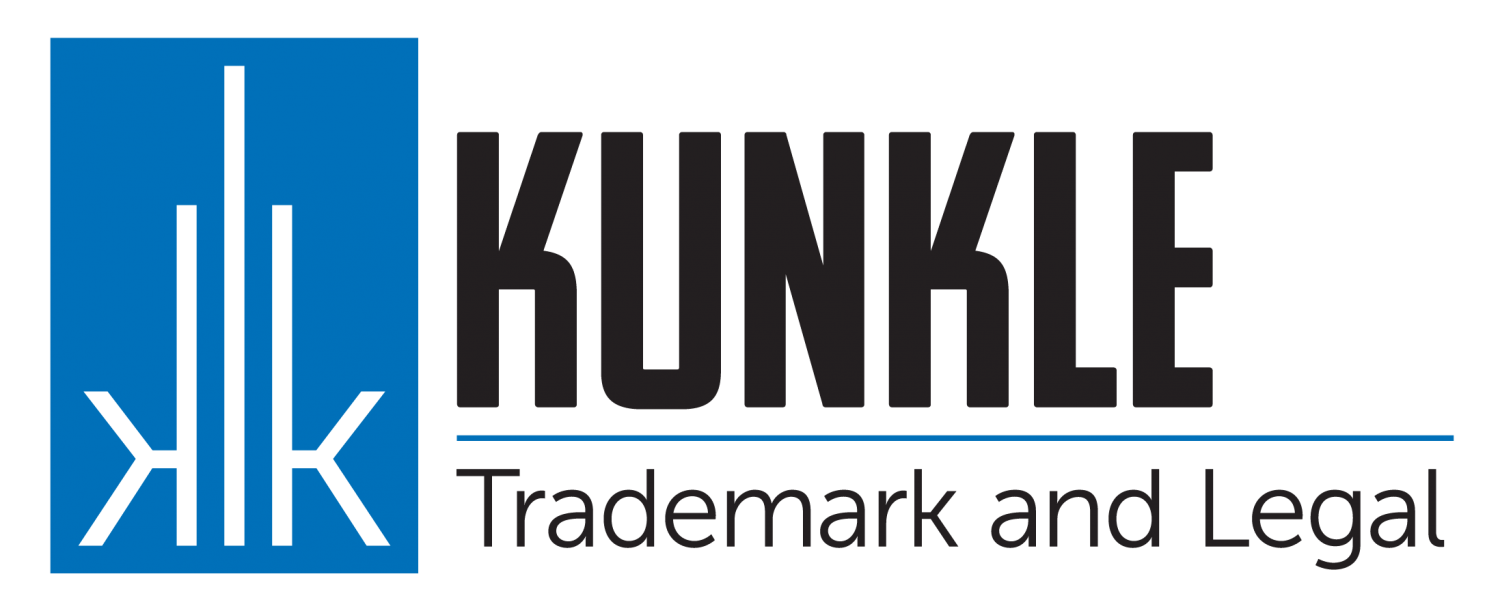
Tattoo Copyrights
Can I Copyright my Tattoo?
A while back someone asked me about writing a blog post on copyright law and tattoos. After thinking about it, I realized that the issue is one that provides a great opportunity to illustrate (no pun intended) some core concepts about copyright law that are often misunderstood by the general public and sometimes by creatives.
At issue is who owns the copyright in that tat on your forearm. After all, a tattoo is really no different than other creative work and as long as it is an “original work of authorship” (Most likely) and “fixed in a tangible form” (most defiantly), US law states that the subject matter is subject to copyright protection. A person who originally creates something generally has the exclusive right to control how that “expression” is used by others – they can give it away, sell it, or just prevent anyone else from using it. Tats are no different. When a tattoo artist...
